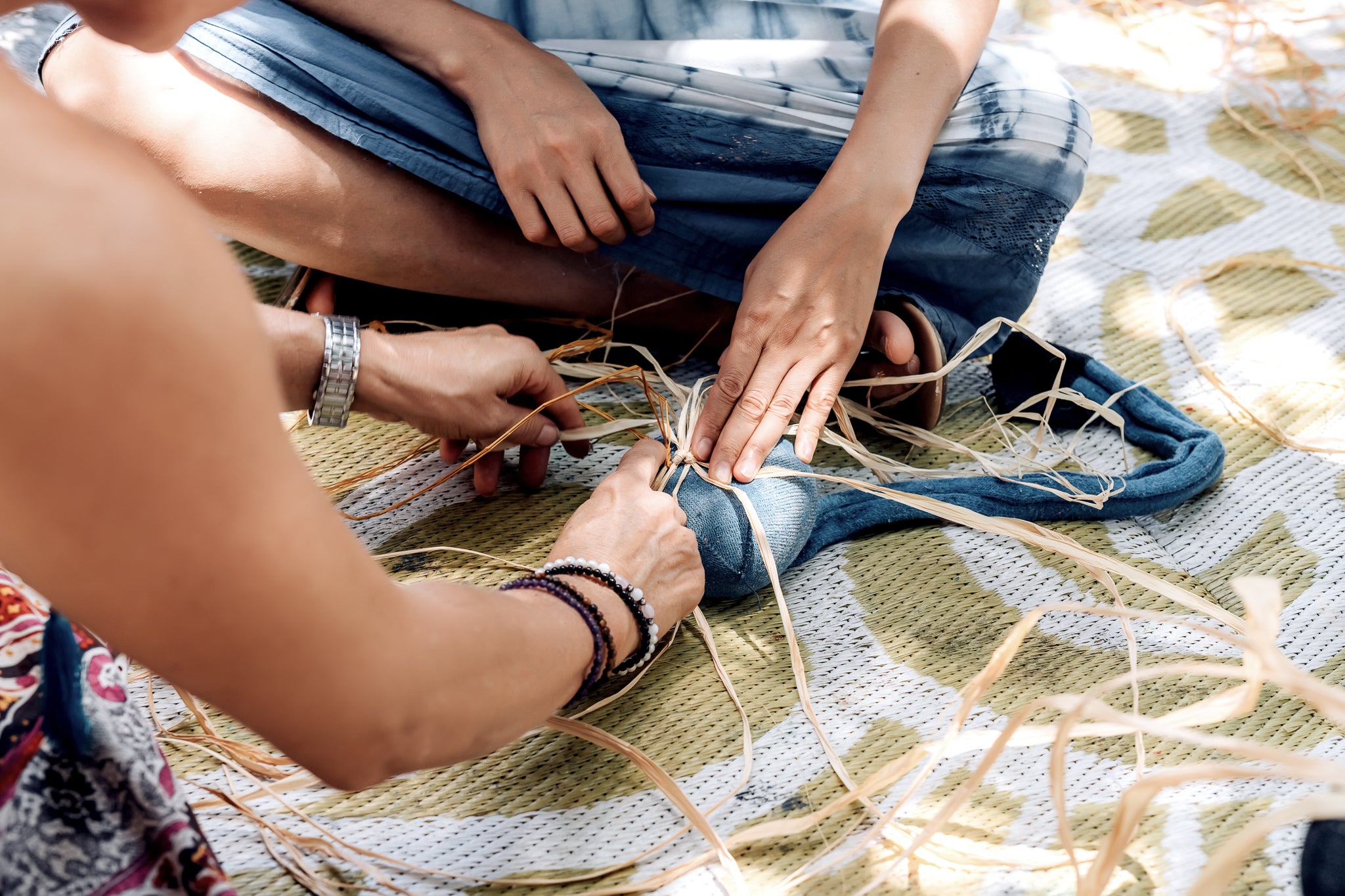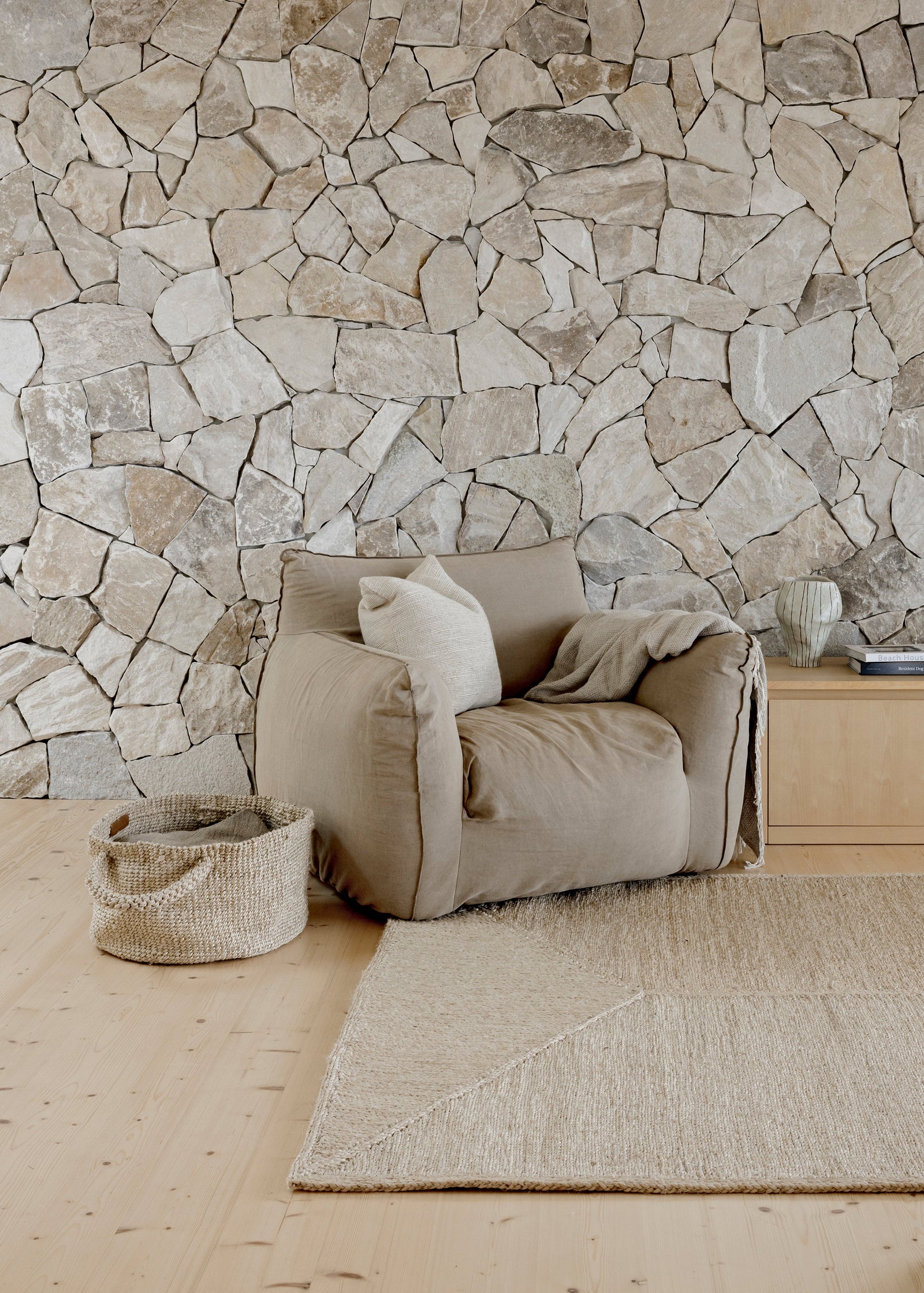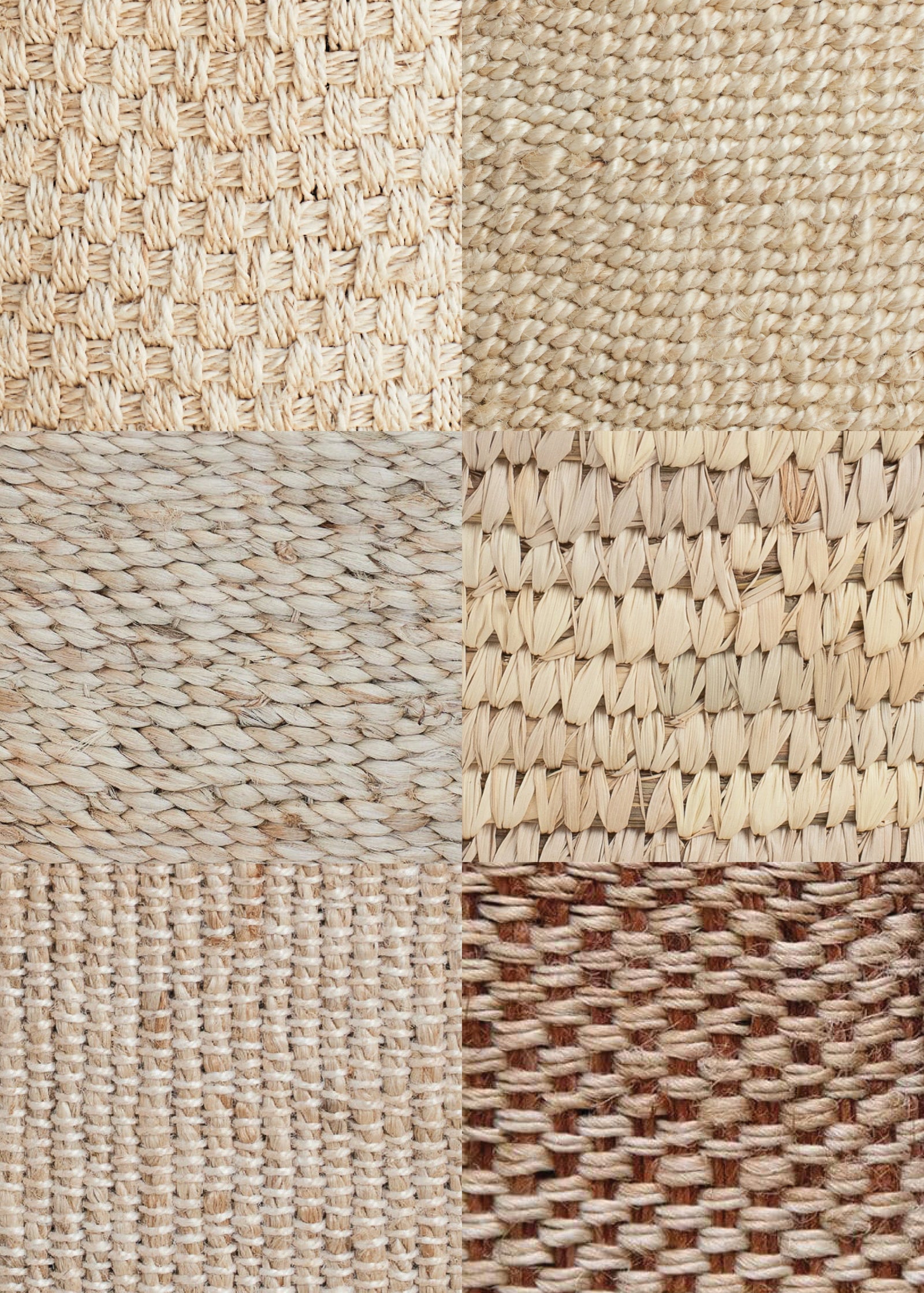Wall Art
Baskets
Rugs
TABLEWARE
Textiles
LIGHTING
DECORATIVE
BAGS
In Good Company with Keani Bryant of Women Up North

Welcome to ‘In Good Company’. For this series we speak with inspiring women whose work resonates with our aesthetic, aligns with our ethical & sustainable values or our mission to empower women.

In the aftermath of the March 2022 floods in the Northern Rivers, Australia, it was difficult to know how to best help our local community. The devastation was widespread; the needs of the thousands of people affected were diverse and overwhelming; and it was clear there was going to be a long road ahead. Personally, our team jumped in immediately from delivering donations, joining the mud army, to washing mud-sodden clothes for strangers. As a business, we care deeply about our community and naturally wanted to contribute to rebuilding and recovery in any way possible.
With women’s empowerment at the heart of our values, the important work of Women Up North Housing (WUNH) resonates deeply with us. A grass-roots, non-profit charity based in the Northern Rivers, WUNH is similarly invested in women’s empowerment, however their focus is on providing ongoing support for women and children experiencing domestic and family violence. WUN has been providing services to Lismore and surrounding communities for more than 30 years and offers a wealth of knowledge, experience and understanding to help guide women towards a brighter future. The flood severely impacted operations at WUNH, rendering their offices, group room, counselling spaces and storage sheds non-operational. Many of the women and children they support were also directly impacted through loss of housing and the after-effects of such a major event in our community.
We were honoured to donate a percentage of our proceeds to this worthy organisation to put towards their recovery efforts. To learn more, we recently spoke to Keani Bryant, a Specialist Domestic Violence Case Worker at WUNH, who gave us an insight into the assistance the charity provides to women and children in need, a wonderful Yarning & Weaving initiative, their award winning violence-prevention program and how the flood has affected their operations.

Trigger warning: Domestic Violence
Can you describe your background and your position at Women Up North Housing?
I am a Social Worker and Mum of 2 who was raised here on beautiful Bundjalung land. My role at Women Up North Housing (WUNH) is as a Specialist Domestic Violence Case Worker. I am also the Richmond Love Bites Committee Coordinator.
What motivated you to begin your journey of helping women?
I am an intersectional feminist and deeply committed to social justice, equality and human rights. These aspects of who I am, along with my own lived experience, lead me to a career in Social Work. I aspire to be part of creating a world where women and children are free from violence, oppression and abuse. I don’t see it as my role to help women. Rather, I empower women with the support, information and resources needed to change their own lives.
What drew you to working with WUNH?
I completed my first Social Work placement at WUNH in 2020. I was excited to work for a non-profit which is proudly feminist, client-centred and trauma-informed. I resonated with WUNH’s core values of respect, empowerment, self-determination, diversity and inclusivity. WUNH is a grass-roots non-profit which has been providing services to Lismore and surrounding areas for more than 30 years. It’s an honour to work for a service which has such a long-standing commitment to supporting our local community.

What services does WUNH provide to assist women in domestic violence situations and to improve their housing situation?
WUNH understands that housing stability is a human right and foundational for safely leaving and healing from domestic and family violence (DFV). As a Specialist Homelessness Service, WUNH supports women to access and maintain safe, secure and affordable housing. This includes both social and private housing. WUN is also linked to Bugalma Bihyn First Nations Women’s Refuge, allowing for the provision of integrated and culturally appropriate DFV services. In fact, up to 80% of clients at WUNH are First Nations women.
WUNH offers case management which is individualised to client’s unique needs and goals. WUNH believes clients reach their full potential by being active participants in their journey. Support may include; advocacy and case coordination, information & referral (e.g. counselling, legal advice), support to apply for additional services (e.g. Victim Services, NILS loans), group work and DFV education. A key aspect of our work is safety planning which involves finding ways to enhance safety and reduce DFV related risks.
How have the recent flooding events in the Northern Rivers affected operations at WUNH?
WUNH was heavily impacted by the catastrophic flood event on February 28, 2022. Our offices in East Lismore were inundated with water and are currently non-operational. WUNH lost the entire contents of our offices, group room, counselling space and storage sheds. A shipping container also caused structural damage to one of the buildings. Service provision cannot resume work from these buildings until they are structurally sound and fully refurbished. Our team is currently working remotely and providing support to many vulnerable, flood-affected families. WUNH has already commenced rebuilding our offices with longevity and flexibility in mind. Our team looks forward to recommending face-to-face work as soon as possible.

Can you share the benefits of the Yarning & Weaving program run by WUNH?
Yarning & Weaving is a gathering of women who may have experienced DFV or homelessness. Yarning & Weaving creates a safe space for women to share stories and wisdom, with the aim of promoting wellbeing and healing. This builds social support networks and assists in the development of skills, confidence and mindfulness.
Can you please share more about the Love Bites program at WUN?
Love Bites is an award winning, violence-prevention program developed by NAPCAN. Love Bites empowers young people with the skills and knowledge to have safe, respectful relationships. WUNH coordinates the delivery of Love Bites to school students across the Northern Rivers, including; Lismore, Kyogle, Casino, Bonalbo, Woodenbong, Goonellabah and Nimbin. WUNH works in partnership with other local organisations to facilitate Love Bites.
Love Bites is a primary prevention strategy, meaning it aims to prevent DFV from occurring in the first place. Facilitators aim to create a safe space for young people to examine and discuss topics such as; consent, relationship red flags and the cycle of violence. A key aspect of Love Bites is the creative art and music workshop, with artworks being used in community awareness campaigns. Unfortunately, all Love Bites resources and bulk art materials were destroyed in the flood at WUNH.
How, do you think, can we better support our community in helping to resolve the issues of domestic violence?
DFV is a serious human rights and social justice issue which permeates all levels of society. Examining and shifting the social norms which drive gender-based violence is integral to eradicating DFV. For example; harmful gender roles and stereotypes. I believe a key focus should be evidence-based and widely implemented primary prevention strategies. This approach would disrupt cycles of violence through awareness, education and support.
A key aspect of reducing DFV is the provision of specialised services like WUNH. These essential services must be adequately resourced to meet growing service demand. I encourage people to consider donating to causes they align with. Many non-profits rely on monetary and volunteer support from the community to continue and expand their programs.
On an individual level, community members can educate themselves on the warning signs of DFV. This should include an awareness of the varied nature of DFV, including coercive control. If you believe someone is experiencing abuse, reach out to them (only if it is safe to do so) and offer assistance. Social support networks are incredibly important in the context of DFV for support, healing and overall well-being.
Women Up North Housing acknowledges the Bundjalung Nation and the Widjubul, Arakwal, Gumbayngirr and Yaegl peoples who are the traditional custodians of the land that we work and walk on.
If this interview has brought up anything for you, please contact 1800RESPECT on 1800 737 732 or Lifeline on 13 11 14. If you are in immediate danger due to domestic or family violence, please call 000.

If you would like to donate to Women Up North to support the organisation in their recovery from the floods, you can do so via the WUNH website link: https://wunh.org.au/
1. Clancy Downes @gabrielleclancy_ , 2. Getty Images, 3. Clancy Downes @gabrielleclancy_ 4. Stock Photo 6. Shannon Sheedy @thedharmadoor
Also in Journal
Notify me when available
We will send you a notification as soon as this product is available again.
We don't share your email with anybody












